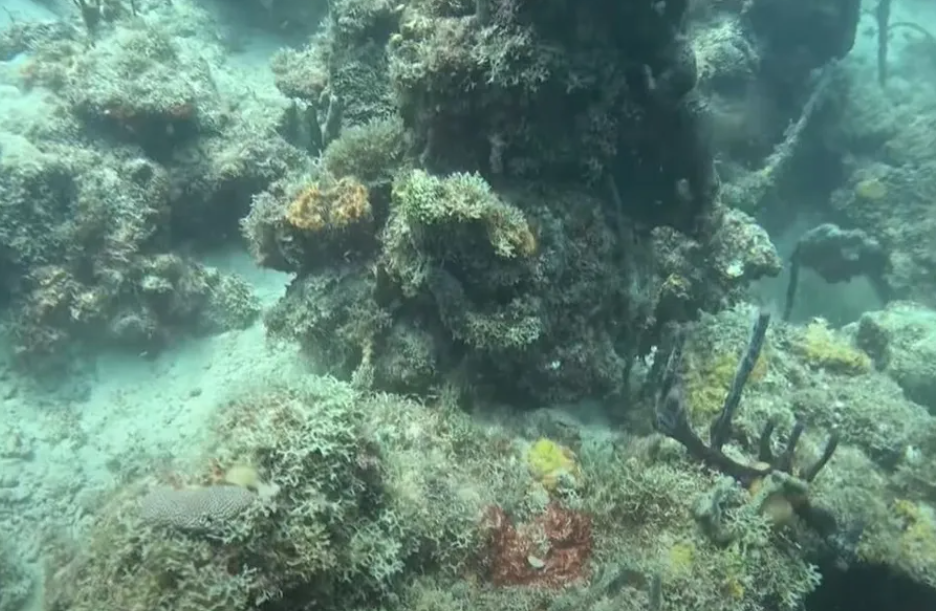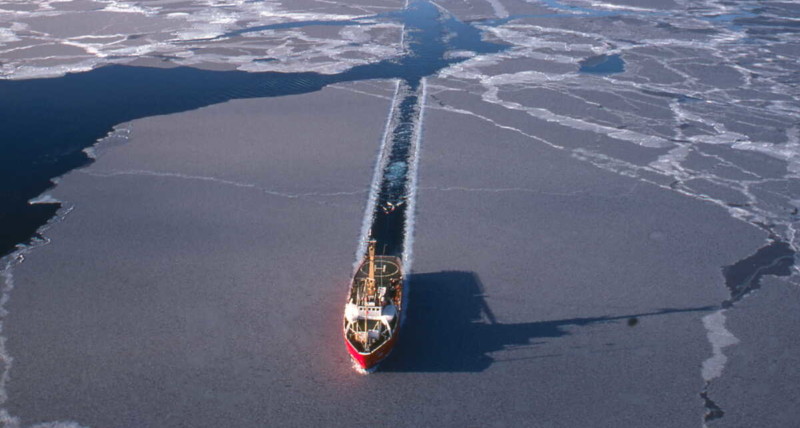In Guadeloupe, coral reefs are facing an unprecedented collapse. Between 2022 and 2025, nearly half of coral cover has been lost. The causes are multiple: climate change, various forms of pollution, and uncontrolled human activities. The Guadeloupe National Park is sounding the alarm.
The coral formations of the archipelago are vanishing before our very eyes, putting the entire marine ecosystem at risk. A report by Boris Courret, published by the Guadeloupe National Park on YouTube, highlights this dramatic situation. Poor wastewater management, in particular, is being singled out.
According to Claude Bouchon, honorary professor at the University of the Antilles and member of the Scientific Council of the Guadeloupe National Park:
Today, coverage rates barely reach 5 to 6%, levels considered “ridiculously low,” even within the protected areas of the National Park.
Reefs Damaged by Illegal Anchoring and Tourism
In early June, a diving club in Port-Louis denounced the destruction of coral reefs by a luxury yacht, providing photographic evidence. The vessel reportedly dropped anchor in a protected area, causing major damage.
“The most visible damage is to overturned coral formations and crater sponges, some of them centuries old, completely shattered,”
explains Simone Mège, aquatic ecosystems project officer at the Guadeloupe National Park.
Anchoring is strictly prohibited in the heart of the park, where only mooring buoys are allowed (white for recreational boaters, pink for tourism professionals). Yet, despite the rules, disregard for these fragile areas continues to endanger already weakened ecosystems.
Warming Seas, Coral Diseases, and Polluted Waters: Corals on Borrowed Time
Coral reefs are also under severe stress from rising ocean temperatures.
Monitoring campaigns and the use of thermographs reveal a steady and alarming decline.
On top of this, coral diseases such as tissue loss further threaten the reefs. But according to scientists, the most pressing threat remains poor coastal water quality. Untreated wastewater discharges enrich the environment with nutrients, triggering algal blooms that directly compete with corals:
“These algae smother already weakened corals.”
Acting Locally to Protect What Remains
Despite the gravity of the situation, hope persists. While the fight against climate change requires global mobilization, local actions can still make a difference.
Faced with the accelerated loss of these underwater treasures, the real question is no longer whether we can act — but when.



